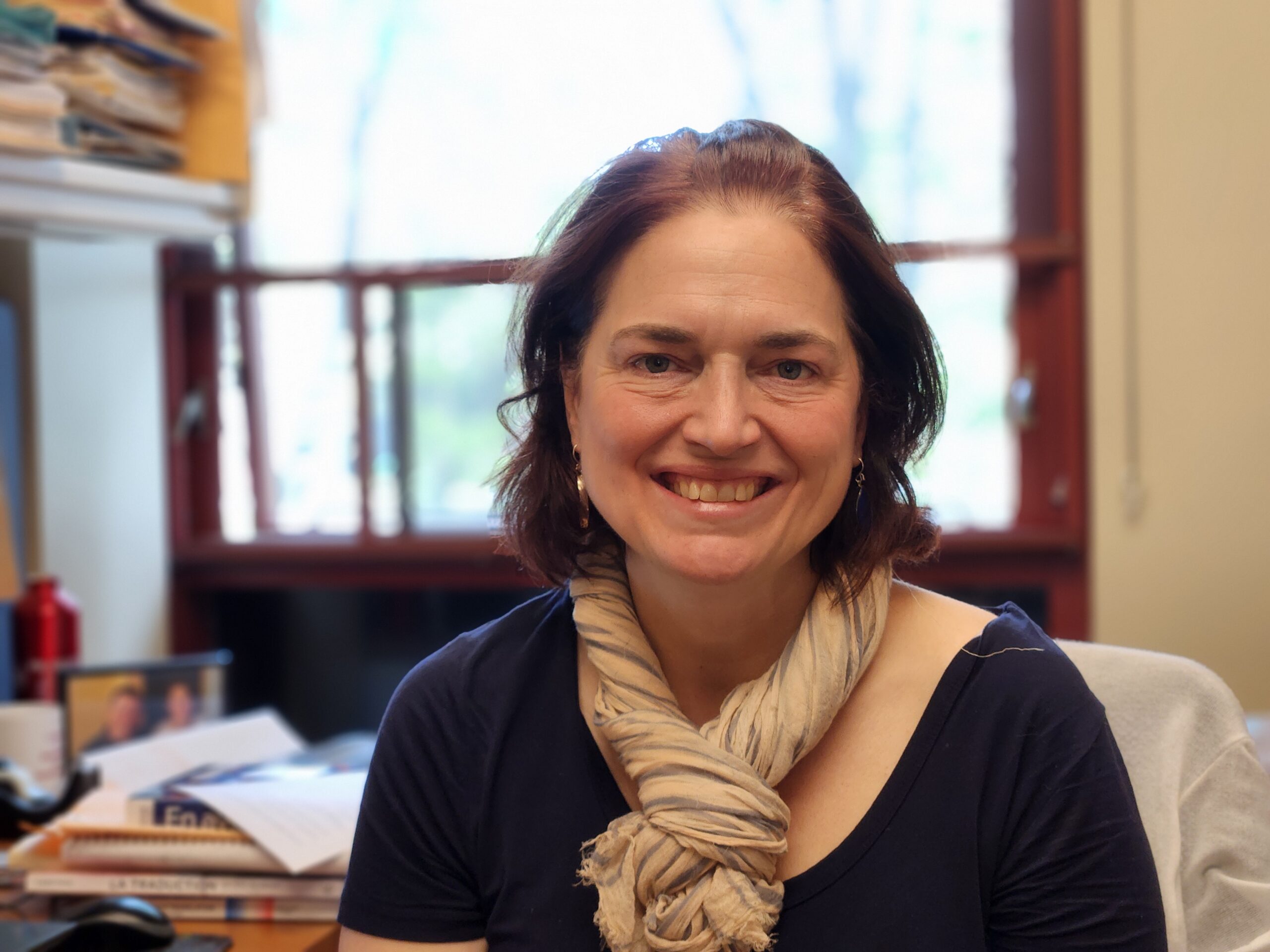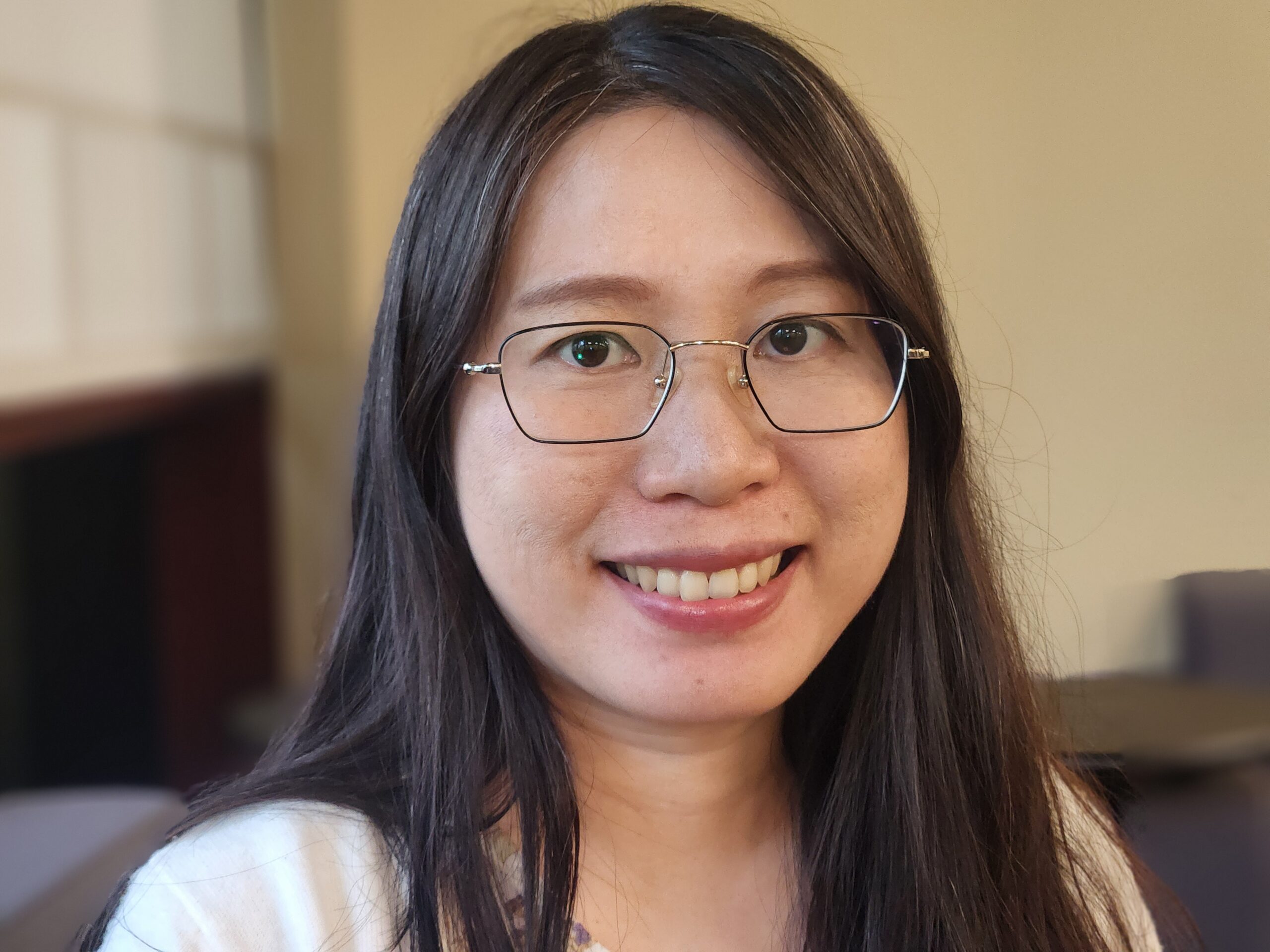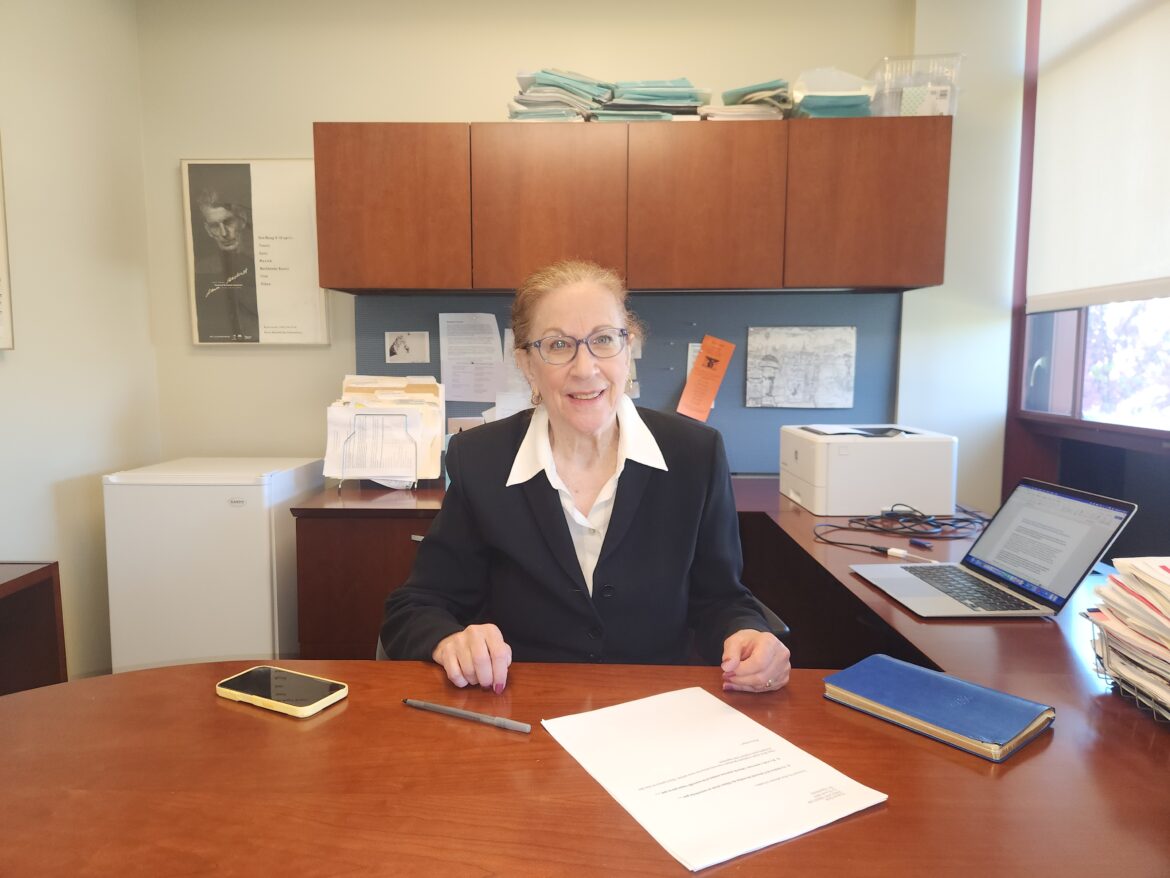A longtime university foreign languages figure and academic author is about to turn the page to another chapter in her life.
Dr. Lois Oppenheim, World Languages and Cultures department chair, is retiring after this semester. Oppenheim has been the department chair since 2004 while also teaching. Oppenheim has been a Montclair State University French professor since 1988. Her last day at the university is officially Aug. 31.
Over the years, the department chair’s accomplishments include books, scholarly articles, awards, multiple sabbaticals and giving keynote lectures at universities internationally.
According to Oppenheim, retiring from Montclair State will allow her to spend more time with family and write more scholarly publications.
“I have a lot more writing to do,” the professor said about leaving full-time academia. “I enjoy it very much. I love to write and this will give me an opportunity to write full-time. I have really, really been blessed with a wonderful career here and I’ve really enjoyed it and so, it feels like it’s time.”
When asked, Oppenheim said she made her greatest impact by serving the undergraduates and graduates in her department.
“I think my biggest contribution is what I have been able to offer to individual students,” she said. “I think I have a nice rapport with individuals and when they are going through difficulties of one sort or another,” she said, about problem-solving. “It’s the personal relationships with students I have been the strongest at.”
Oppenheim also said she is thankful for the harmonious working environment in the World Languages and Cultures Department.
“There’s never any tension, and to me, that is unheard of in a department. I have been fortunate to be in a department like that and so if I give myself credit for something. I give myself credit for the hires. I hired well and these people are just terrific,” she said, about the World Languages and Cultures faculties’ compatibility.
Regarding improvements, Oppenheim said, as department chair, she corrected an injustice involving study abroad students. Collegiates studying overseas were not counted in course registration. Oppenheim said she complained to Dr. Alan Cottrell, who was associate dean in the College of Humanities and Social Science. As a result, a policy change was made.
Oppenheim said her department also expanded overseas education opportunities for university students.
“I actually came up with the idea for the study abroad program in Nice. That was mine in the beginning, then Elizabeth Emery took that over,” she said, alluding to Dr. Elizabeth Emery, World Languages and Cultures French professor. “Other programs were created in Germany, it was all Thomas Herold,” said, referring to Dr. Thomas Herold, World Languages and Cultures German professor.
Oppenheim said faculty-guided educational trips to different countries also became a trend. She said various World Languages and Cultures professors made the one-to-two week tours possible.
The department chair said, over the years, the number of foreign guest lecturers at Montclair State has increased. She said a dedicated budget has enabled World Language and Cultures to offer more honoraria for visiting luminaries.
Oppenheim said she found the top challenge as department chair was “the greater reliance on technology.”
“Learning all the new platforms and whatnot [was a challenge],” Oppenheim explained. “The younger folks have more patience for that. I’m not tech stupid, but I’m not tech bright either.”
Oppenheim said if she had to repeat her career, she would still choose to be a Montclair State professor. She said she has “no regrets” about her time at the university and hopes to acquire professor emerita status if the university allows.
When asked about desired change, Oppenheim said she favors a higher education system without academic marks to encourage pursuing knowledge. She said that approach would reduce plagiarism and cheating through artificial intelligence.
“I don’t like grades at all,” Oppenheim said.”That’s the only thing, if I could change this university, we would get rid of all grades. And when I was teaching at Bard [College], I appreciated the lack of emphasis on grades, but I understand that this is a large university. That was a small college. But I really think it takes away from learning and students are tempted to go to great lengths to get that grade and the emphasis is on the grade.”
One colleague commenting on Oppenheim’s retirement is Dr. Kathleen Loysen, World Languages and Cultures deputy chair. Loysen elaborated on Oppenheim’s contributions.
“Her impact has been immeasurable,” Loysen said. “She grew the department, adding languages, adding programs, adding faculty. She cares so deeply about the students and everyone who teaches in the department, whether they’re full-time or part-time. She’s just been, on a personal level, so supportive of me over 25 years that I have been at the university.”

Dr. Kathleen Loysen, World Languages and Cultures department deputy chair. Tom Boud | The Montclarion
Loysen said Oppenheim is a standout professor who has generated a great deal of erudite publications over the years.
“She is one of the most, if not the most, prolific scholars that I am aware of,” Loysen elaborated. “She could be at an Ivy League. She is a star in her field.”
Loysen said she will be replacing Oppenheim as chair. Loysen added that she has “huge shoes to fill.”

World Languages and Cultures assistant professor of Chinese, Dr. Wing Shan Ho. Tom Boud | The Montclarion
Also saluting the outgoing department chair is Dr. Wing Shan Ho. She is World Languages and Cultures assistant professor of Chinese. According to Ho, Oppenheim has made “great contributions” to the World Languages and Cultures department.
“When she was a chair, she helped create many new majors, including Language, Business and Cultures, and also the new major that I am a coordinator of, which is Asian Languages and Cultures,” Dr. Ho said.
According to Dr. Ho, Oppenheim’s people-oriented demeanor benefited both colleagues and students. She characterized the department chair as “supportive” of fellow faculty and the individuals she taught.
“She’s very nice… friendly and very supportive of students,” Dr. Ho said. “She would call and talk to the students. She would reach out to students trying to support them if they are [showing] signs of struggling. She always tells us to be compassionate to students.”



